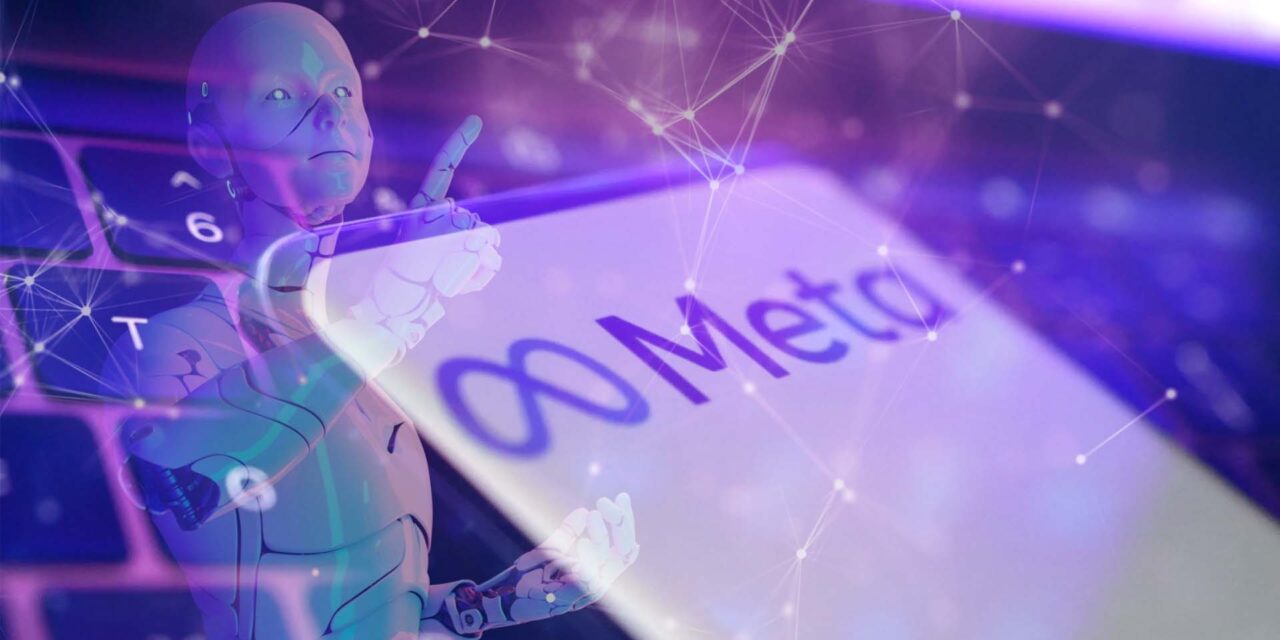Digital advertising is on the cusp of a transformative shift, as Meta, the parent company of Facebook and Instagram, sets its ambitions on fully automating ad creation with artificial intelligence by 2026.
According to a Campaign UK report citing the Wall Street Journal, Meta aims to enable brands to generate complete, AI-crafted advertisements by providing just a product image and a budget. The AI would then generate the necessary ad elements, including image, video, and text.
Read also: Meta’s Q1 report: WhatsApp crosses 3 billion monthly users as AI strategy gains traction
Beyond just creative generation, the automation extends to the full campaign process. The AI is expected to determine user targeting on both Instagram and Facebook and even offer budget suggestions.
A key element of this plan is also enhanced personalisation powered by AI. Meta aims to allow advertisers to personalise ads so that users see different versions of the same ad in real time. This real-time variation could be based on factors like geolocation, allowing for highly localised and contextually relevant messaging without manual creative work for every segment.
This initiative is aligned with Meta CEO Mark Zuckerberg’s strategic emphasis on the need for AI products that deliver “measurable results at scale”. The company’s broader ambition appears to be establishing itself as an AI one-stop shop where businesses can define their objectives and allocate budgets, entrusting the platform’s AI to handle the execution and logistics.
Interestingly, social media firms like Snap, Pinterest, and Reddit are increasingly investing in these capabilities to attract advertisers in what is described as an intensely competitive and crowded digital ad market. This suggests Meta’s aggressive 2026 timeline may be a strategic move to gain or maintain a competitive edge.
It is worth mentioning here that the path to widespread adoption of fully automated AI creation isn’t without potential hurdles. For example, despite Google and OpenAI launching powerful image and video generation AI tools, their broad uptake in advertising still faces significant concerns. These concerns center on crucial issues such as brand safety, creative control, and overall quality. For Meta’s vision to become a reality by 2026, the platform will need to effectively address how its AI system will navigate these complex challenges to maintain advertiser trust and ensure high-quality, brand-appropriate outputs at scale.
Ultimately, Meta’s stated goal represents a redefinition of how advertising campaigns are conceived, created, and managed on its platforms. It points towards a future where the advertiser’s role may evolve, potentially focusing more on strategic goals and high-level creative direction, while the AI handles the heavy lifting of execution and real-time optimisation across countless variations. The implications for creative agencies, in-house marketing teams, and the very definition of the creative process in digital advertising will be significant to watch as 2026 approaches.
Watch: Facebook to Leave Nigeria? | See Dangers & Effect | Voxpop






Comment
No comments found.